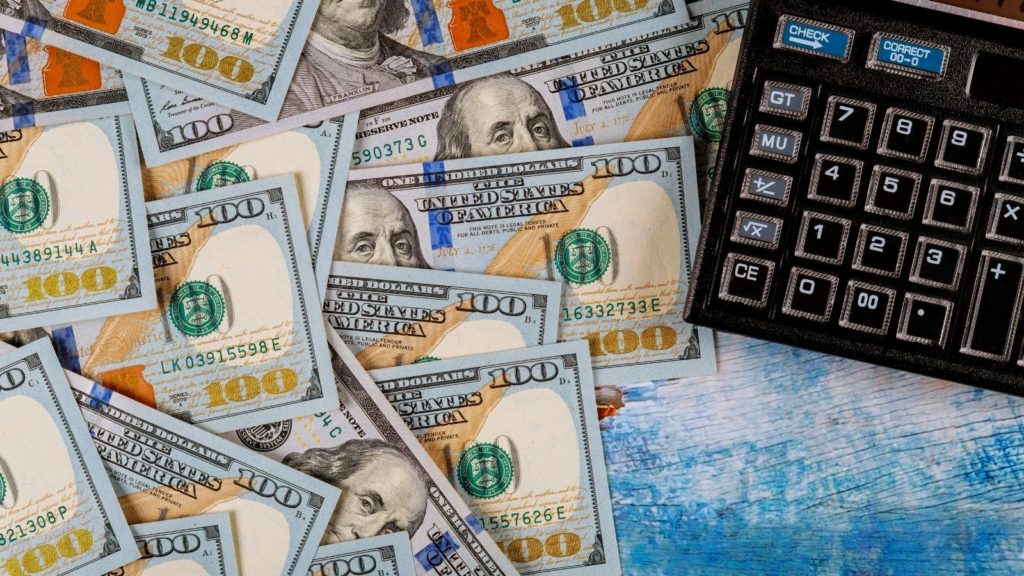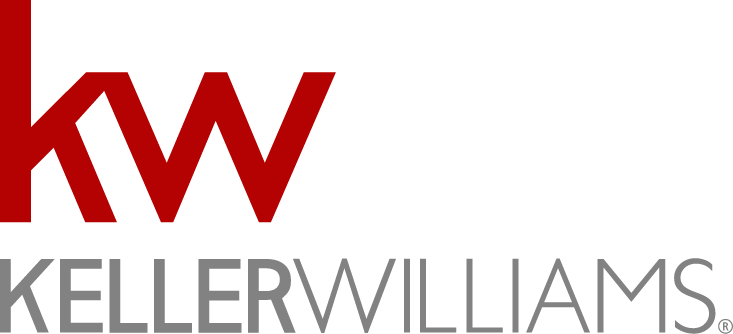Closing costs can be an overlooked expense when you buy a home. When you purchase a house, there are many fees and charges that come with it. Some of these fees are set by law, while others are negotiable. You can save money on closing costs by understanding them ahead of time and asking the right questions. Here’s a guide to what you need to know about closing costs.
What are Buyer Closing Costs?
Closing costs for buyers are the various fees charged by your lender and other service providers that are involved in the sale. Basically, closing costs allow everyone to get paid for their services or products associated with your home purchase. Rather than paying for each individual fee up-front, they’re collected, combined, and paid on closing day.

How Much are Closing Costs?
Closing costs usually run between three percent and eight percent of the amount of the loan. That means that on a $400,000 home, you can expect to pay between $12,000 and $32,000 in total closing costs. That’s above and beyond your earnest money deposit (one to three percent, submitted with your offer), and down payment, which, for a conventional home loan, is twenty percent.
However, closing costs vary widely depending on location and market conditions. Each home sale is different, too.
In most cases, closing costs are an out-of-pocket expense that isn’t rolled into your mortgage. However, there are lenders that make an exception. That makes your total monthly payment a bit higher, but it reduces the amount you’ll need in savings to pay for closing costs. Just remember, you’ll be paying on those costs for the life of your loan, which could be as much as 30 years.
Negotiating for Lower Closing Costs
Do some research and find out how much closing costs are for three different lenders. That way, you’ll know what the average is in your area. Then try to negotiate with the lender that has the highest estimate or ask if they can beat their competitors’ price without reducing the rate of your loan.

The second way to negotiate for lower costs is by asking the seller to pay part or all of them for you from the proceeds of the sale. The catch, here, is that it could be a deal-breaker, especially in a seller’s market.
What's Included in Closing Costs?
Here’s a list of some of the most common closing costs associated with a home purchase. These costs include, but are not limited to:
- Credit check fee: the lender pulls your credit report as the first step in processing your application.
- Loan processing fee: this covers the time and materials involved in processing your loan.
- Appraisal fee: this pays for an appraisal of the home to make sure it’s worth what you’re paying for it.
- Document preparation fee: this fee covers the cost of documents necessary for processing your loan, such as a title search.
- Attorney fees: involve legal services that protect both you and your lender with issues like title insurance and homeowner’s insurance.
- Settlement or closing fee: This is charged by the settlement company, which provides all final documentation relating to your application/loan, ownership papers, etc. It also includes charges from any other brokers or agents that were involved with consummating the transaction—like a real estate agent, if one was used during the sale.
- Title insurance: your lender requires title insurance to protect their interests in the event that a prior claim is filed against the title. This fee covers any claims that might arise from issues with the title going back to when it was issued, including things like outstanding taxes and legal judgments against the homeowner.
- Lender’s Title Insurance: this relates directly to your loan and protects you from loss caused by defects in the property or errors in public records regarding the property. It also protects you from having another person challenge ownership of your home despite clear evidence of ownership.
- Settlement agent services: this involves a company that handles all final details relating to processing your mortgage, such as scheduling closing and generating closing documents.
- Escrow fee: this covers all fees used for services like tax and insurance payments. It also includes items like money orders, postage, courier service, etc.
- Tax service fee: Most lenders offer to pay your real estate taxes from escrow funds on a yearly basis.
- Flood certification fee: most lenders require that an individual’s flood zone status be certified by the Federal Emergency Management Agency (FEMA). This fee is charged to the borrower, but many lenders will pay for it.
- Transfer taxes and recording fees: these are paid by the buyer or seller to record deeds and other documents related to a property transfer.
- Points (pre-paid interest): this is the interest you pay upfront on your loan. The more points, generally speaking, the lower your APR (annual percentage rate).
- Assumption fee: sometimes, when you buy a home, you’ll have to pay another person’s mortgage off as part of your own new mortgage agreement—like when you refinance and roll your old loan into your new one. In this case, your lender will charge a fee for taking care of that transaction for you.
Conclusion
Although none of these closing cost fees are set in stone, you can expect to pay most of them when purchasing a home, and you can expect to pay them in cash.

Getting an idea of what they cost beforehand will allow you to better prepare for your purchase. Negotiating with the seller or lender could save you some money on closing costs, but this strategy depends on the circumstances of each case.
If you’re uncertain about any aspect of buying a new home, it’s best to consult with your real estate agent and to understand the details involved.

